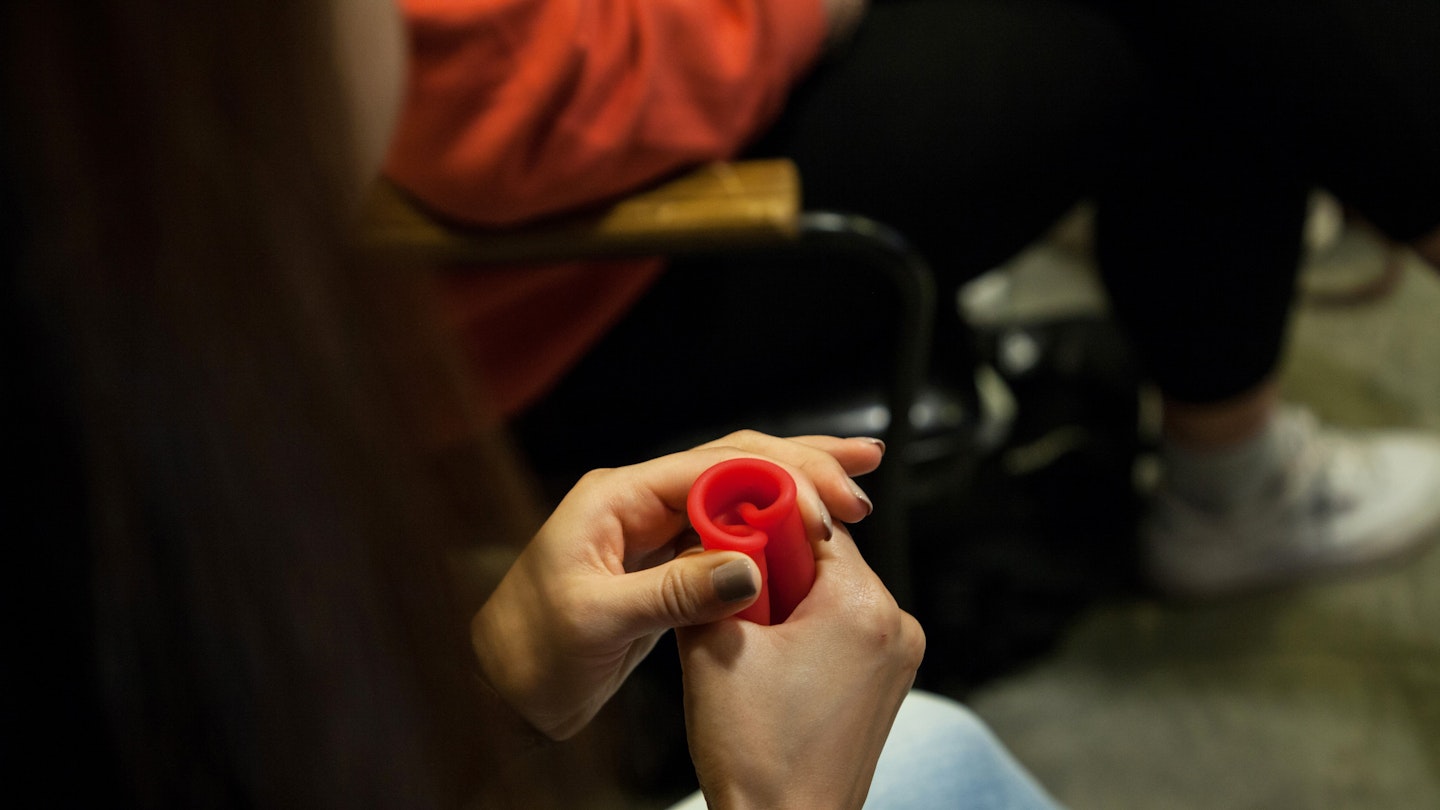Menstrual cups have soared in popularity in recent years, hailed as a more eco-friendly way to tackle your period. If you're unfamiliar with them, they're silicone cups that fit into your vagina and collect your period blood, creating far less waste than tampons thanks to their ten year life span.
But, before you buy your MoonCup and phase out using Tampons forevermore, new Chartered Society of Physiotherapy (CSP) guidelines have shed some light on some worrying menstrual cup side effects that you might not have heard about.
The CSP warn that menstrual cups aren't currently regulated in the UK, receive no testing before hitting shelves and offer minimal instructions for application (and removal) on most packaging. While some may argue this makes menstrual cups less intimidating, the CPS states that such poor insertion and removal is, in some very extreme instances, leading to women experiencing organ prolapse.
One woman who, having never suffered from vaginal prolapse in her life, experienced it after using a menstrual cup for the just two months recently spoke out.
She told the Victoria Derbyshire programme that her gynaecologist said the prolapse 'probably happened because of the cup', and 'advised me not to use the cup any more. She was not a fan of them at all, especially in women who've already had kids, like me.'
What is vaginal prolapse and how do you get it?
Vaginal or pelvic organ prolapse, as it's also called, is when 'one or more of the organs in the pelvis slip down from their normal position and bulge into the vagina,' according to the NHS. This can be the womb (uterus), bowel, bladder or top of the vagina.
While prolapse is not life-threatening, it obviously causes pain and discomfort for the women who have to live with the condition, and can be caused by a range of factors, including change of hormones during the menopause, excessive coughing and pressure from excess weight.
The NHS website states that, in stereotypical cases, symptoms can be improved with pelvic floor exercises and lifestyle changes, but sometimes medical treatment is needed.
Wondering what vaginal prolapse feels like? It can look anything like:
-
A dragging sensation in the vagina
-
Pelvic aching
-
Pain in penetration
-
Incontinence
-
A lump in the vagina.
What are the menstrual cup brands saying?
While there is no scientific backing at present to conclusively prove the link between use of the menstrual cup and prolapse, the CSP clearly warns that it's time for clearer safety advice to be put on all menstrual cup packaging. Currently, it varies from brand to brand, with the LilyCup advising you to 'use your vaginal muscles to push the cup out', Organicup advocating 'pulling slightly on the stem' when removing and Mooncup instructing never to pull out without breaking the seal.
In response to the news, Mooncup released a statement that pointed to the quick expansion of menstrual cup brands and called for better regulation all round. 'We agree with the Chartered Society of Physiotherapy calling for cups to be better regulated. In fact, shouldn't all internal sanitary products be better regulated? There's misleading information around using a menstrual cup circulating, with some products even being sold without any instructions for use.'
What are the experts saying?
The main thing to focus on, according to Dr Anita Mitra of @gynaegeek, is making sure the seal is broken before removing the cup from your vagina. Although she adds that, in general, she would encourage women not to panic. 'It's rarely a single factor that causes prolapse but women should not be bearing down or pulling out their cups forcibly.'
Female health physiotherapist Tiffany Sequeira of @gynaegirl agrees, warning that if you pull your menstrual cup out and, in turn, pull onto this vacuum, you're essentially dragging down the walls of your vagina from the inside. However, she adds that you bear down on our pelvic floor muscles several times a day, and other factors can increase your risk of prolapse, too. 'Persistent coughs and constipation can all predispose somebody, but the controversy lies in women being encouraged to "push down' to remove menstrual cups".'
While pushing down is never advised, Sequeira continues to note that she'd only expect women using a menstrual cup to experience prolapse if they've had other underlying symptoms, caused by other factors, for a while.
How to use a menstrual cup properly: expert advice
We asked Sequeira, as a female health expert, exactly how she'd advise women insert a menstrual cup To insert:
-
Make sure you've washed your hands.
-
Find a comfortable position to insert the cup; you can squat or raise one leg, if that works for you.
-
Relax and take things slowly. A menstrual cup doesn't need to sit as high up as a tampon would; you should have approximately 1.5cm clear at the base.
-
Check the stem has fully opened once inserted by giving the stem a gentle (emphasis on gentle, here) pull. If you feel a touch of resistance, then you're good to go.
To remove, Sequeira seconds the instructions on the MoonCup website.
-
Gently squeeze the base of the cup or insert a finger alongside the menstrual cup to release the seal.
-
If you cannot reach the base of the cup either pull gently on the stem or ‘push down’ with your vaginal muscles until you can.
-
Holding the base of the cup, slide your menstrual cup out. Angling the menstrual cup slightly sideways to remove half of the rim before angling it the other way to release the other half will help your menstrual cup to remain upright with the menstrual fluid contained inside.
What should I do if I think I'm suffering from vaginal prolapse?
It's worth noting that prolapses are common, with around 40 per cent of women over the age of 40 said to go through them, menstrual cup or not.
If you think you may be suffering from any of the symptoms listed, the NHS website advises you book a GP appointment and ask for a referral to a gynaecologist or female health physiotherapist.
READ MORE: Things You Only Know If...
Things You Only Know If...
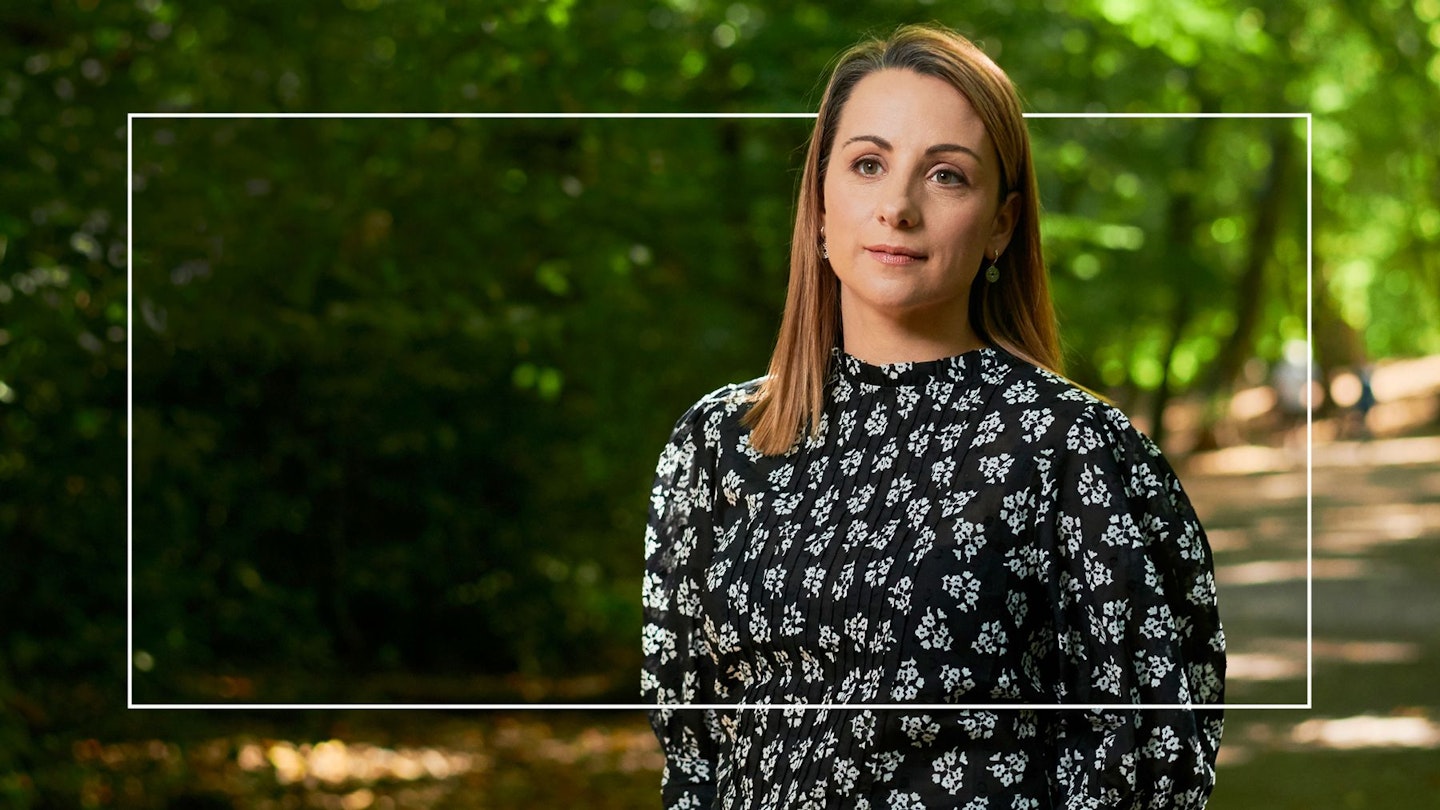 1 of 19
1 of 19Things You Only Know If You've Experienced Post-Adoption Grief
When Claire Moruzzi, 39, gave birth to her son, it unlocked unpacked painful feelings about her own adoption.
 2 of 19
2 of 19Things You Only Know If You have Polycystic Ovary Syndrome
Jessica Evans reflects on the condition that affects one in 10 of us but is rarely talked about.
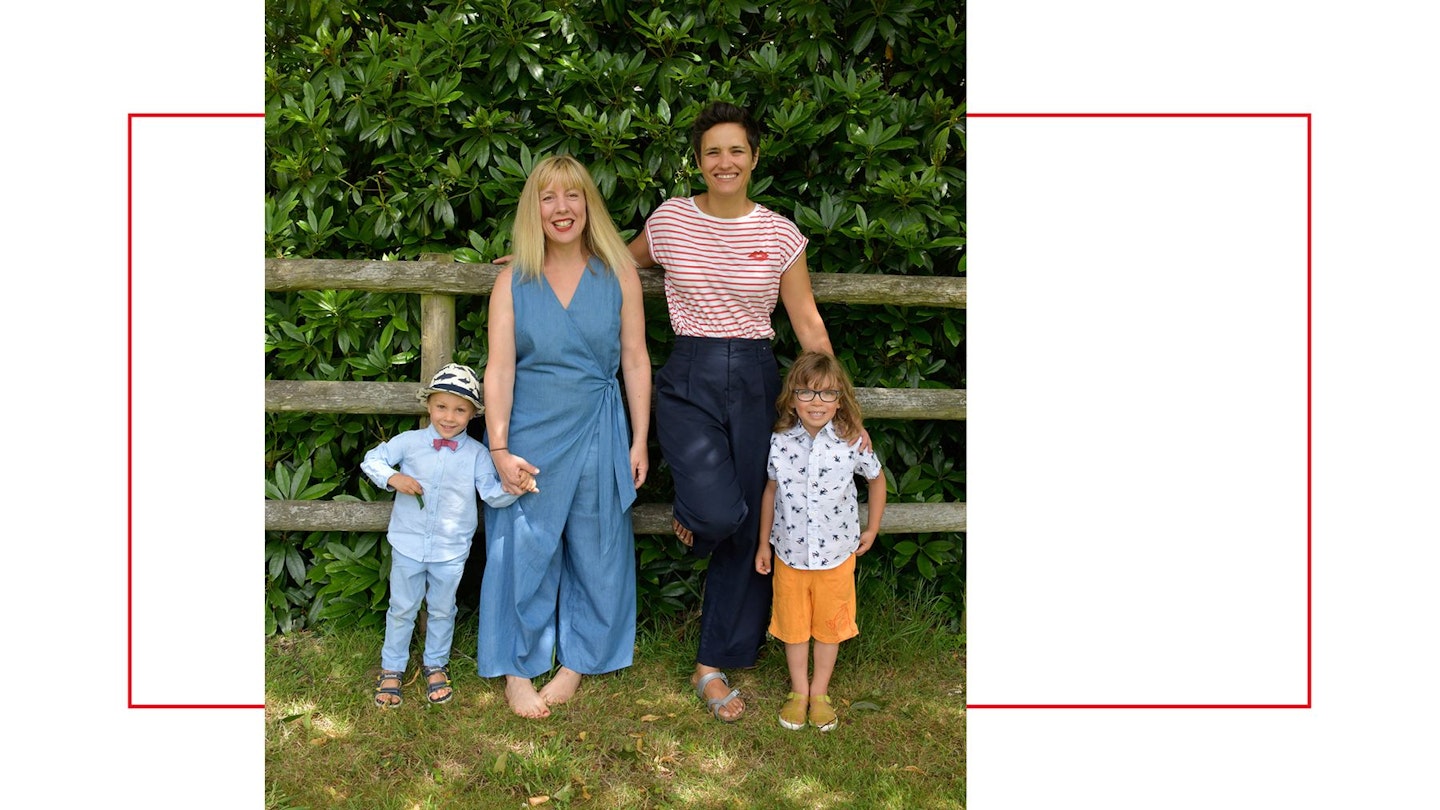 3 of 19
3 of 19Things You Only Know If You're The Other Mother
If your partner carried your children, what does that make you? Jen Brister tells Grazia about life in a two-mum family.
 4 of 19
4 of 19Things You Only Know If Your Marriage Lasts Less Than A Year
The wedding was amazing but a Band-Aid Big Day couldn't save the relationship – and so an embarrassingly short marriage ensued.
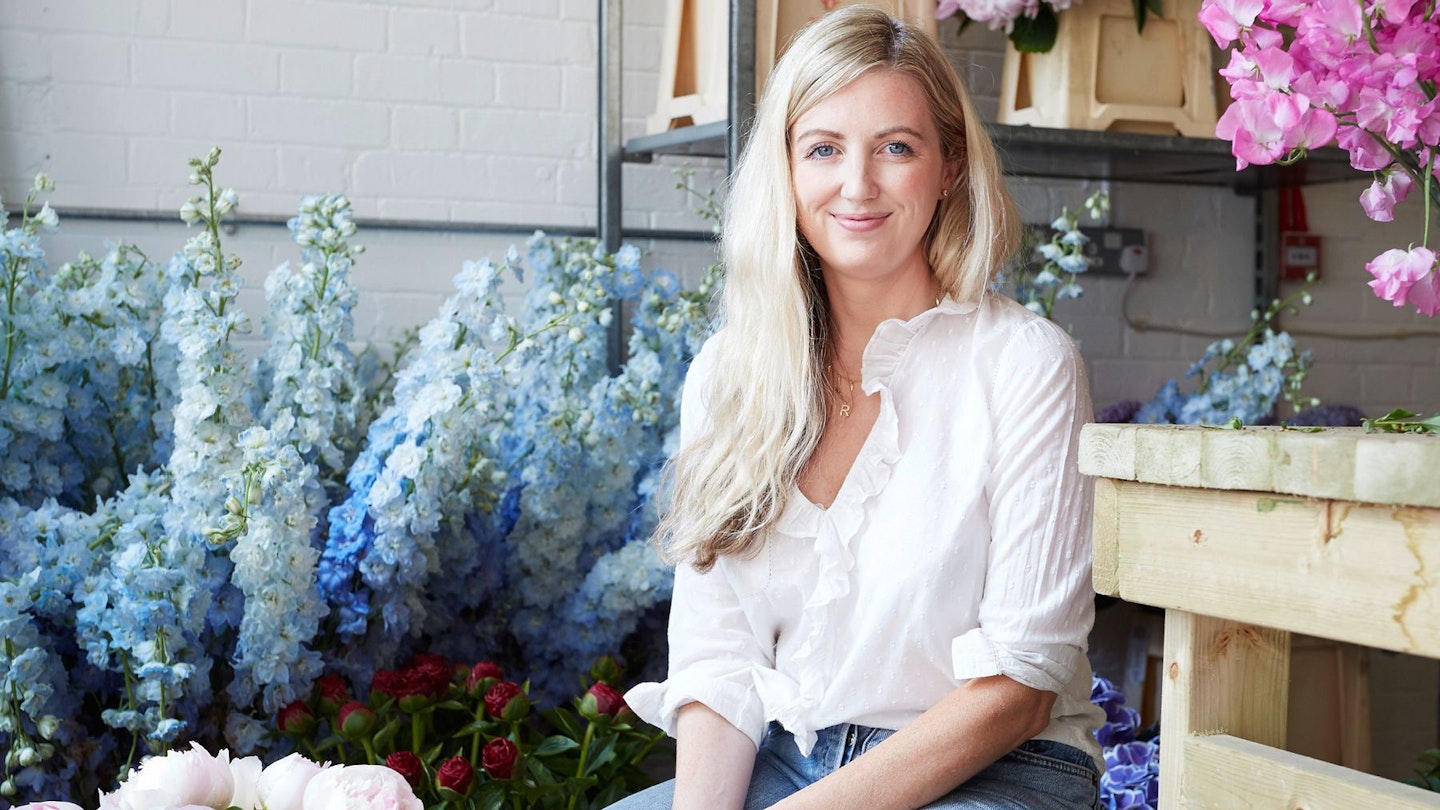 5 of 19
5 of 19Things You Only Know If You Walk Away From A Six-Figure Salary Job
As new figures reveal that record numbers are now 'overeducated' for their jobs, Lil Caldwell, 37, explains why swapping the law for floristry was her best decision yet.
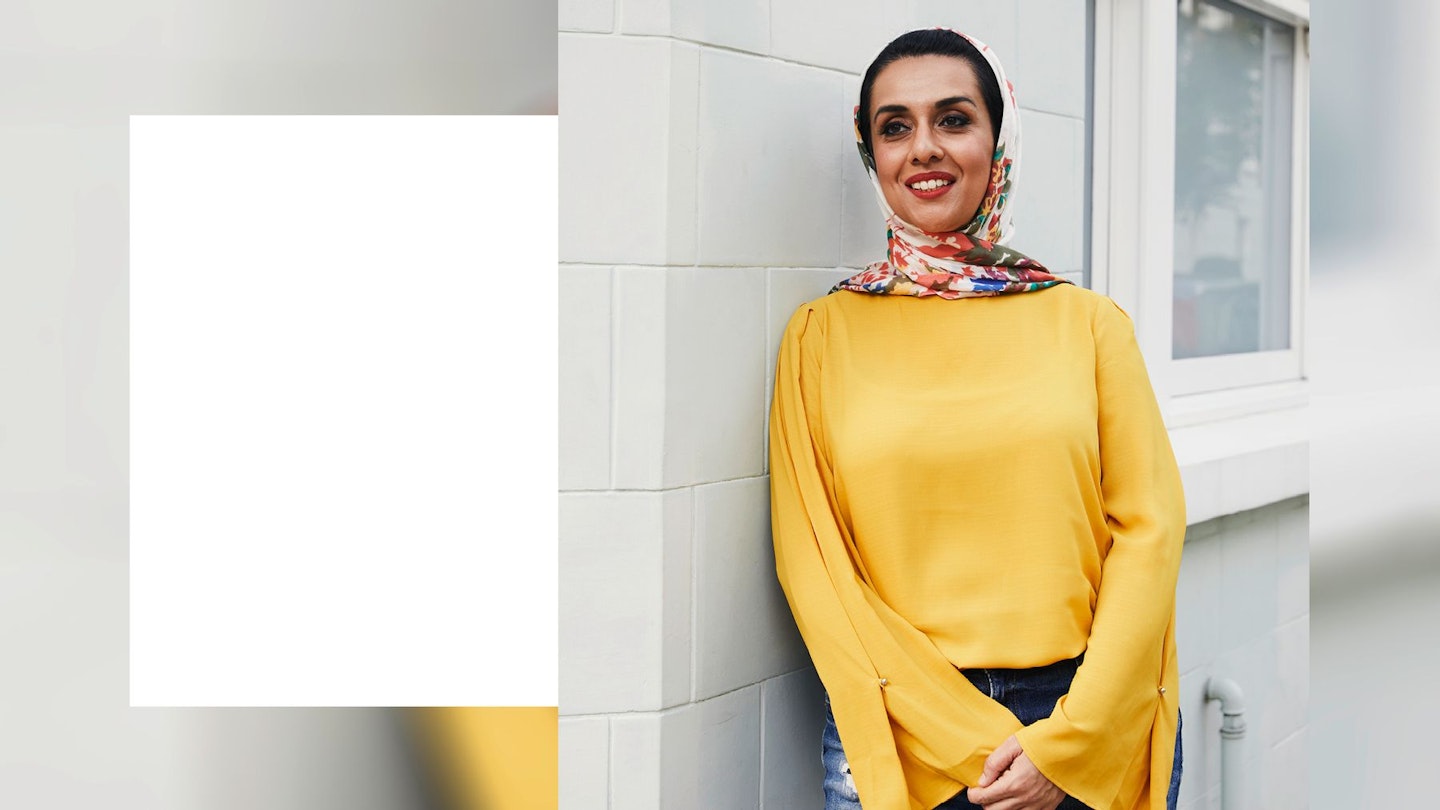 6 of 19
6 of 19Things You Only Know If: You're The Only Muslim In The Village
When Ayisha Malik moved to Dorset, she braced herself for reactions to her hijab. And was surprised at what she found.
 7 of 19
7 of 19Things You Only Know If: You're Going Through The Menopause At 30
A medical breakthrough now means the menopause could be delayed for 20 years. It's come too late for dancer Lindsay McAllister.
 8 of 19
8 of 19Things You Only Know If: You've Finally Conquered Your Alcohol Problem
When Catherine Renton chose to end her damaging relationship with booze, she lost friends, too. She reflects on the decision that changed her life.
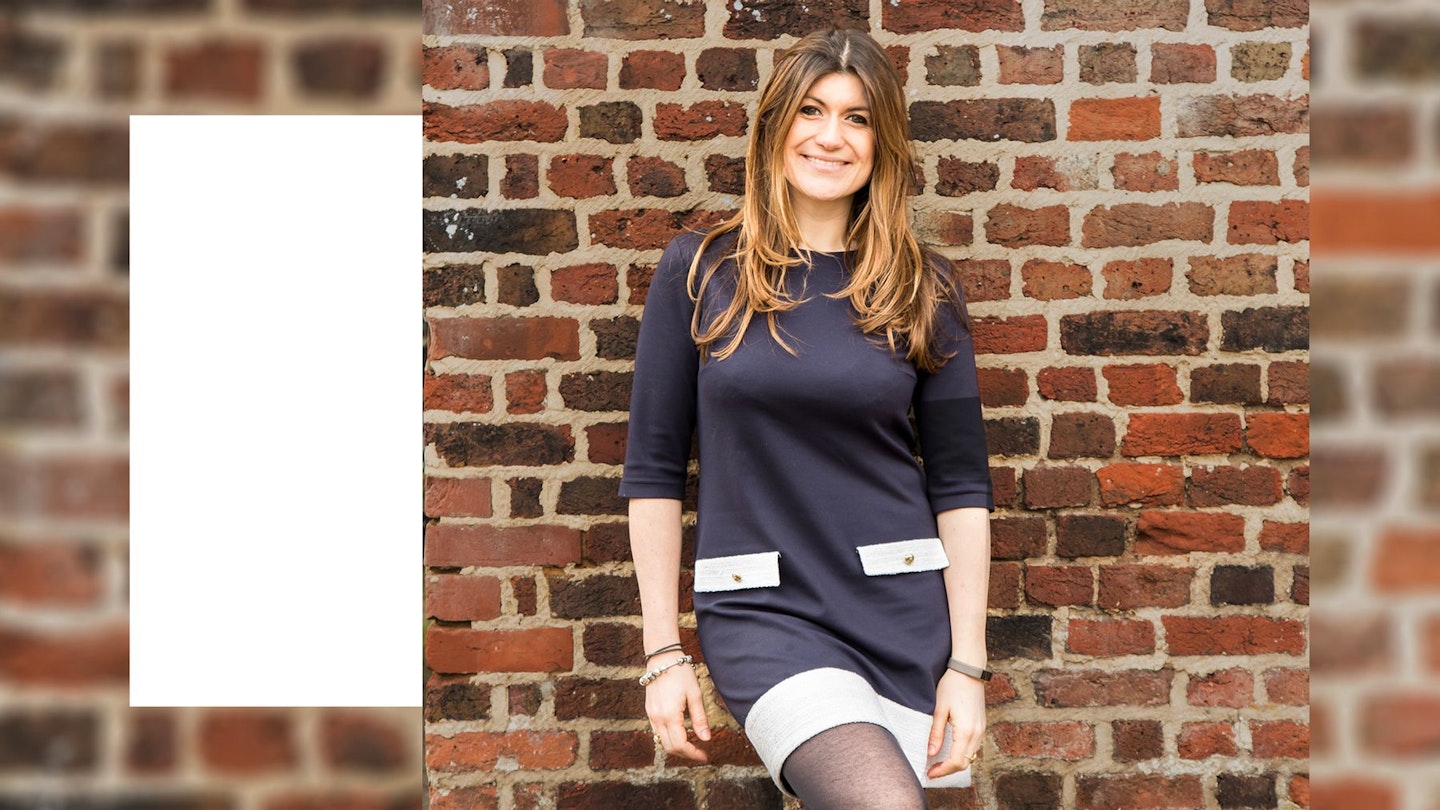 9 of 19
9 of 19Things You Only Know If You've Been On 100 First Dates
Charly Lester, 35, challenged herself to go on 30 blind dates before turning 30. Then things snowballed.
 10 of 19
10 of 19Things You Only Know If: You've Gone From Committed Singleton To 'Basic Bride'
'Suddenly, I want all the things I used to roll my eyes at: the dress, the flowers, the inexplicably expensive cake. There is a new and very loud voice in my head, it insists that this is my special day, I'm a f**king princess and I should have exactly what I want'
 11 of 19
11 of 19Things You Only Know If You Don't Have A Girl Gang
As a child, Amy Jones looked forward to the day she'd find her squad. No 29, she's still wondering where it is.
 12 of 19
12 of 19Things You Only Know If Your Babies Arrive 10 Weeks Early
After her twin daughters arrived at 29 weeks, Francesca Segal spent 56 days with them at the neonatal intensive care ward - an experience that changed her forever.
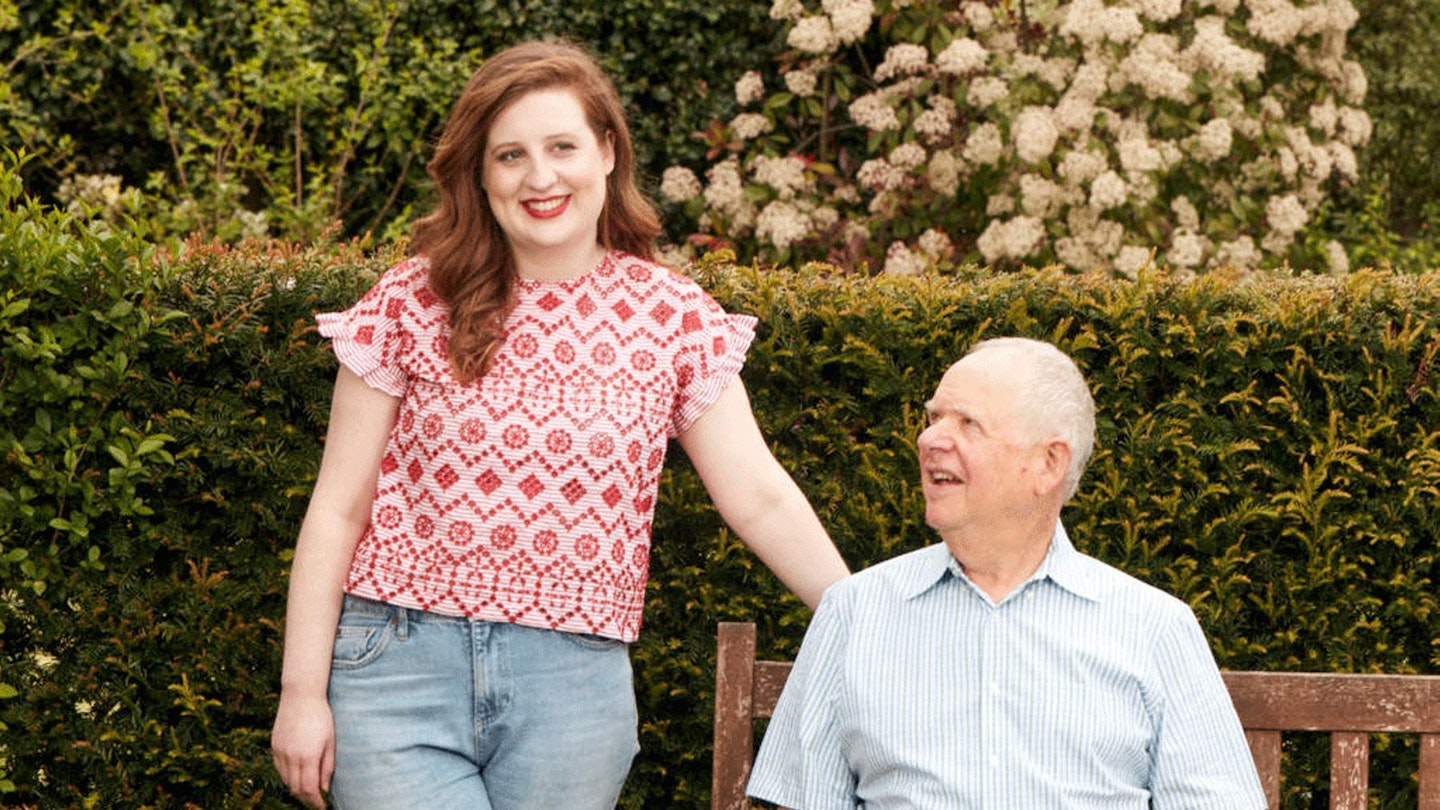 13 of 19
13 of 19Things You Only Know If… You Live With Your Parents At 29
Anna Behrmann, 29, moved back home to save money. It's had its ups and downs.
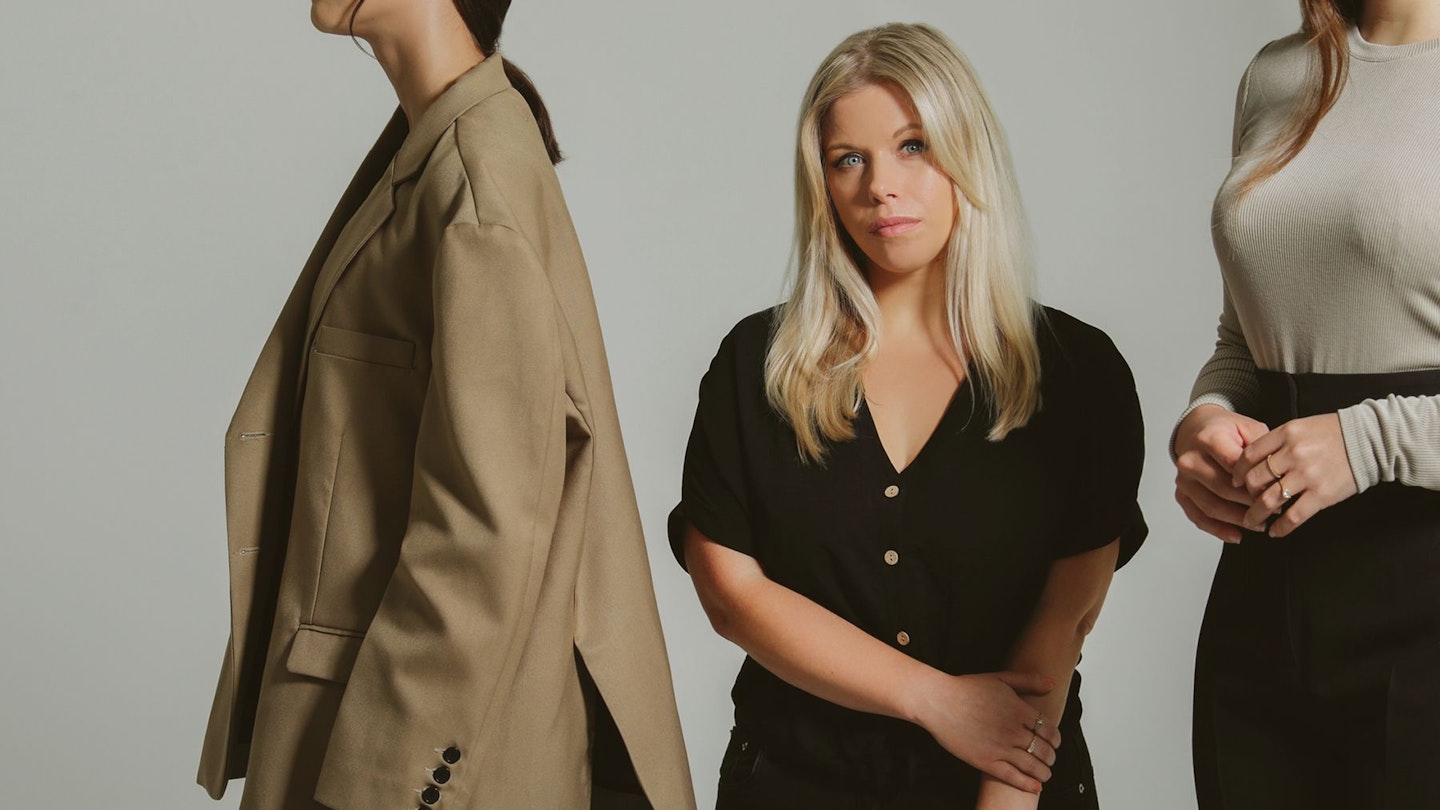 14 of 19
14 of 19Things You Only Know If You Earn Significantly Less Than Your Friends
After losing her job 31-year-old Olivia Foster found out the uncomfortable truth about what it means to be the broke friend.
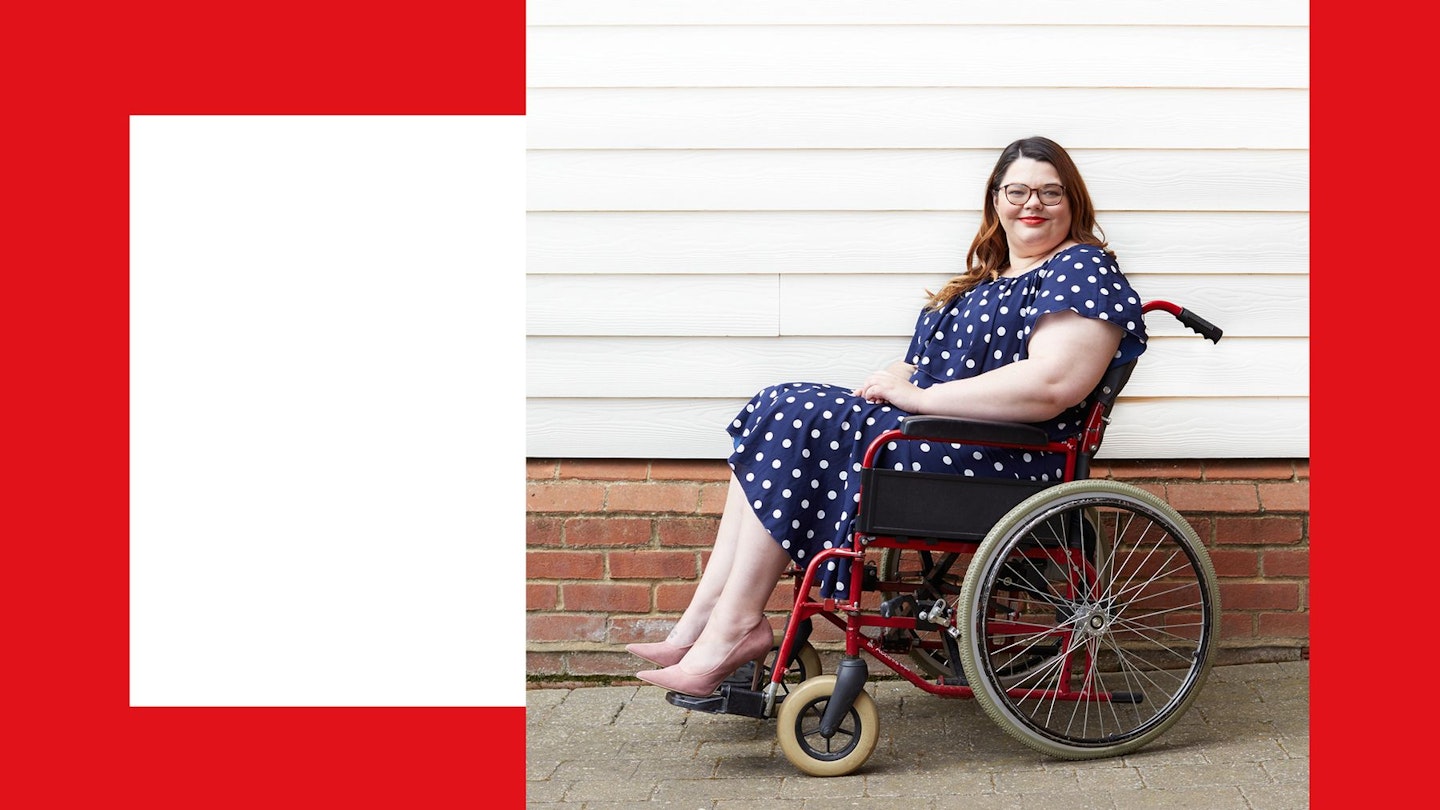 15 of 19
15 of 19Things You Only Know If You're Living With M.E.
When Hollie Brooks found herself so weak she couldn't even dress herself, she knew something was desperately wrong. To mark the end of ME Awareness Week, she tells her story.
_1024_Widthjpg.jpg?auto=format&w=1440&q=80) 16 of 19
16 of 19Things You Only Know If You're Plus-Size And Online Dating
From men who think they're doing you a favour, to feeders who fetishise your body.
 17 of 19
17 of 19Things You Only Know If You Gave Up Your Job To Follow Your Partner Abroad
'On bad days it could feel a bit 1950s'
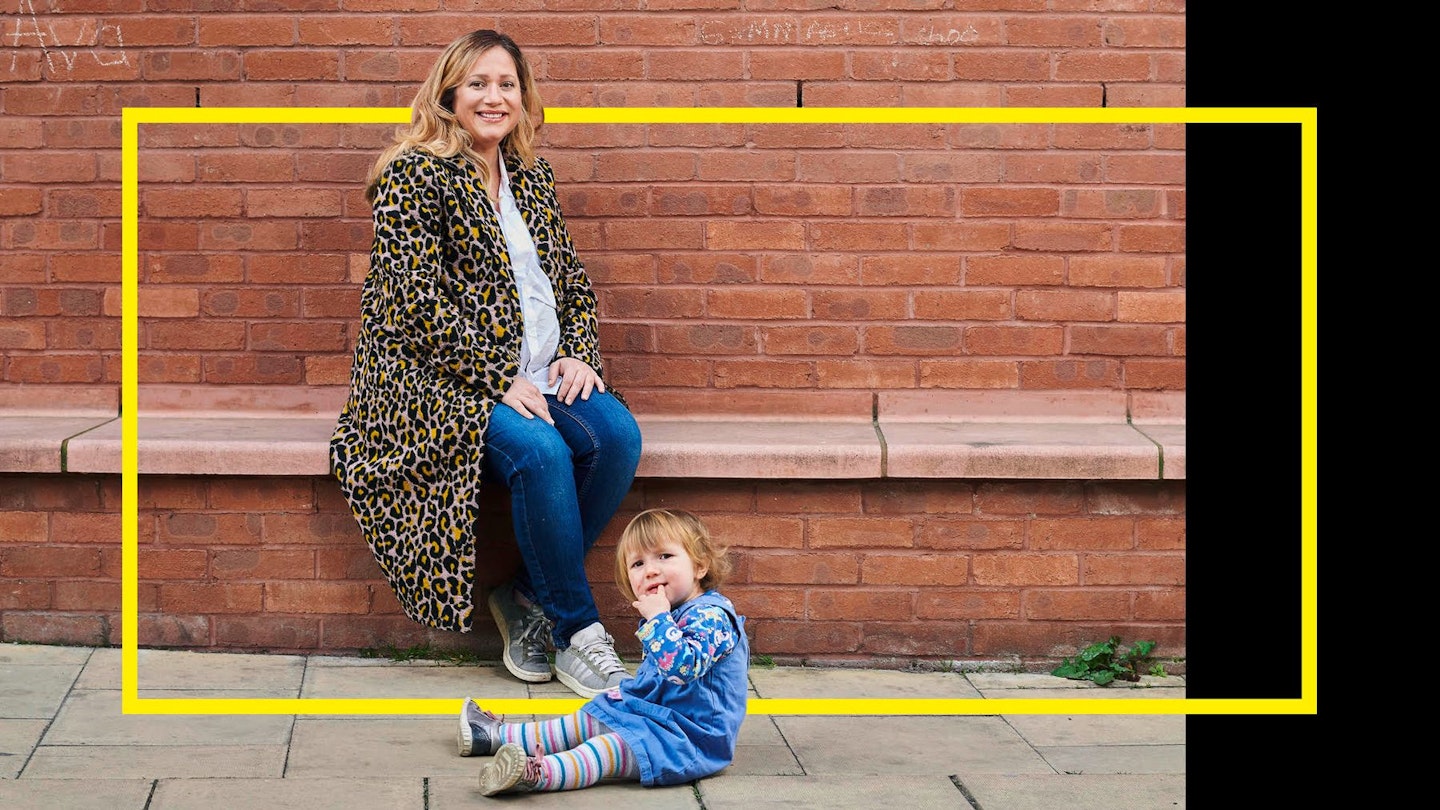 18 of 19
18 of 19Things You Only Know If You've Chosen To Have A Baby Alone
Aged 37 and single, Genevieve Roberts decided to become a mum with the help of a sperm donor.
 19 of 19
19 of 19Things You Only Know If You're An Adult Orphan
Emily Dean lost her parents and sister in the space of three years - and changed her whole life as a result.
